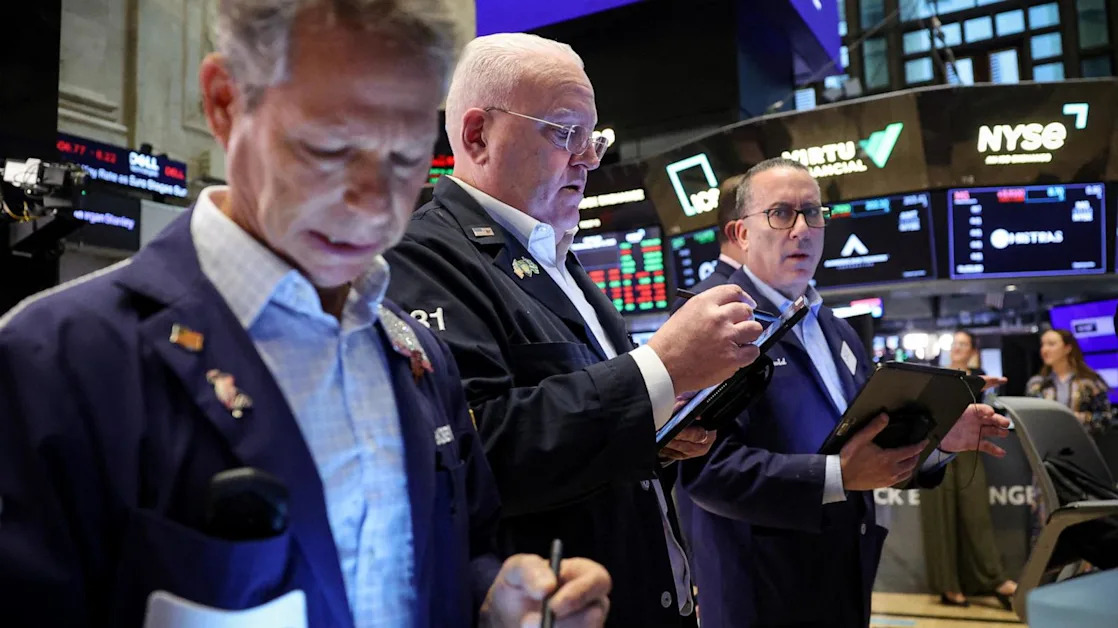
Why the bond market matters for your finances and the economy
A selloff hit U.S. Treasury bonds overnight, sending bond yields soaring and triggering concern about assets that typically serve as a safe-haven investment during moments of instability for stocks .
Bond yields came down from the day's highs by Wednesday afternoon, as President Donald Trump announced a 90-day pause in the higher tariffs for most countries he announced last week -- while maintaining a 10% baseline tariff across the board.
Still, the yield on a 10-year Treasury bond -- which helps set borrowing rates for everything from mortgages to credit cards -- stood nearly half a percentage point higher than it had five days earlier.
The bond selloff carries direct implications for everyday people, since rising yields drive up interest rates for the loans on which many consumers rely, experts told ABC News.
Even more, the experts added, a prolonged hike in bond yields could in theory threaten the financial system if costly debt strains the balance sheets of large banks and other key firms. For now, bond yields remain far from causing such damage, they said, but the uncertainty has put some investors on edge.
MORE: Trump tariffs live updates: Trump lowers reciprocal tariffs for 90 days, except China
“When you see unusual moves in the market like a big selloff in bonds, you have to be worried,” Jim Bianco, a market analyst at Bianco Research, told ABC News.
Here’s what to know about the bond market and why it matters:
What’s happening in bond markets?
A bond selloff hiked bond yields, or the amount paid to a bondholder annually.
Bond yields rise as bond prices fall. When a selloff hits and demand for bonds dries up, it sends bond prices lower. In turn, bond yields move higher.
The recent bond selloff was likely triggered in part by fears that Trump's tariffs risk significant price increases, experts told ABC News.
Since bonds pay a given investor a fixed amount each year, the specter of inflation risks devaluing the asset and in turn makes bonds less attractive. If inflation were to rise, those annual returns would get cut down as price increases erode the purchasing power of the fixed payout.
“The longer you have to wait to receive your bond payment, the more inflation will devalue that payment,” Dominic Pappalardo, chief multi-asset strategist at Morningstar Wealth, told ABC News.
The bond selloff may also be the result of investors forced to make payouts in response to the selloff that has hammered the stock market in recent days, Pappalardo added. In such conditions, investors often sell securities as a means of getting liquidity and making payments.